Just Started? ———

Taking Off Is Hard
You’re off to a good start. And now, you’re starting in your career.
You might be presented with a lot of new options regarding credit cards, auto loans, and a mortgage. Are you equipped with the right information to make the smart choices? And then there’s saving for retirement. With everything going on, is that something you should even consider right now?
Get a Fresh Perspective
We Can Plan a
Path Together
You will save time, effort, and money when you know your financial objectives and move toward them in the straightest possible path.
Some choices are simple, like taking advantage of an employer-sponsored plan. You pay yourself and reduce your taxable income; your employer may even have a match, which is like free money that itself may grow tax-free or tax-deferred over the years.
Together, we can help you determine if you are saving enough. We can educate you on the benefits of getting started now and the impact of compounding over time to help you make informed decisions.
Get Your Plan
My employer has a match—how does that work?

Every employer’s match is different. Talk with your plan administrator (usually someone in Human Resources or the business manager). They will explain the specifics of the match. In general, an employer match is a contribution to your 401(k) account up to a certain percentage of your salary or your contribution. Regardless of the amount, it is free money to you, and you should take advantage of it if you can.
I’m just out of college. How much should I be saving for my retirement?

The short answer is as much as you possibly can! For example, saving $2,000 a year at a 6% annual return could mean as much as $350,000 by age 65. If you wait until age 30, that same investment may only be $250,000. Try to grow your savings as your paycheck grows until you are saving 10–15% of your salary. A good rule is to take half of your next salary increase and save it, then reward yourself with the other half!
What should my retirement goal be?

Everyone has different needs and expectations. You may want to travel or you may want time for your hobbies. You should plan to have savings to provide at least 80% of your pre-retirement income.
How should assets be diversified differently for different stages of life?

Asset Allocation is the process to balance your risk and reward. It is based on your risk tolerance, investing time horizon, age, and expectations. Everyone is different and we recommend having a conversation with your financial advisor to determine the asset allocation that you’ll be comfortable with.
What is the maximum annual contribution that I can make into my 401(k), and should I do that each year?

The maximum contribution can increase each year. In 2022 for participants under 50, the amount is $20,500. If you are 50 or older, you can contribute an additional $6,500. We encourage you to save as much into the plan as you are able.
What is the ‘right time’ to really start focusing on investing? Should I save for a house / pay off student loans / pay off other debts first?

Debt is expensive and it’s important to understand exactly how much it costs. Paying off your most expensive debt first is important, like credit cards, boat or ATV loans, and student loans.
Should I buy individual stocks or invest in an index fund? What about other investments like CDs, real estate, annuities, or Bitcoin?

Investment decisions are based on your asset allocation and your investing time horizon. There are many options and it is important to talk with your advisor about the choices in your employer’s retirement plan.

